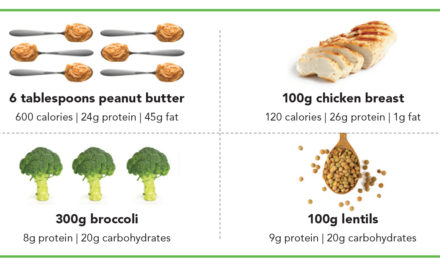Fall is here, and we enthusiastically welcome sweaters, squashes, and pumpkin-spiced everything. Since mid-June, we have been experiencing a gradual decrease in the amount of sunlight we receive each day. With this slow and steady change of less sunlight and cooler temperatures, we are undergoing biological changes impacting our energy, mood, food cravings, sleep habits, and more. Let’s talk about what happens and what to do about it.
With less light in our day, our brain tells our body to slow down and conserve energy (think bears and hibernation). We see a natural boost in hunger and find ourselves craving more carbohydrate-rich foods. Did you know the original name for fall was Harvest? We naturally tend to eat more and conserve energy during this season. Our metabolism also slows down in preparation for winter.
Do you find yourself needing a little more caffeine at work? Are you having trouble concentrating or feeling a bit more tired than usual? Again, we can chalk this up to our biological forces at play. If we’re not getting as much natural light exposure, we may experience a decreased attention span since our hypothalamus, which controls sleep and circadian rhythm, is impacted. As a result, we’re producing more melatonin and therefore feel more tired.
Our mood or emotional wellness may undergo some changes as well. Darkness decreases serotonin and dopamine in the brain, so we may feel more swings in our emotional state. We may even experience more depression. This could be due in part to the decrease in vitamin D levels with less sun exposure, so be sure to have these levels evaluated at your checkup. It could also be SAD, or seasonal affective disorder. This is characterized by poor sleep, low energy, overeating, isolation, and inattentiveness.
We will naturally migrate out of these states when warmer temps and sunny days return, but in the meantime, here are a few ways to manage these seasonal changes:
- Engaging in physical activity helps to release endorphins and boost metabolism. Go for a walk with a friend, or get your fall planting done.
- Limit blue light or wear blue light blocking glasses, especially in the evening and before bed, as this can disrupt melatonin levels and interfere with sleep
- If possible, get at least 30 minutes of outdoor light exposure or invest in a light therapy lamp that mimics the sun’s rays (this is not a tanning lamp).
- Include fiber, protein, and fat in meals and snacks. This will help keep our bodies balanced and curb some of the more intense cravings we may experience.
- Ask for support! These are all biological changes, and there is no shame in experiencing any of these symptoms. Call on a friend, therapist, or dietitian to help you navigate the darker days!
901 Nutrition, LLC can help you navigate these seasonal changes. Call our office to schedule a free consultation. 901-800-9526.
Erin Dragutsky is the co-founder of 901 Nutrition, LLC and a licensed, registered dietitian in Memphis. Erin specializes in helping clients with eating disorders and disordered eating habits. She is passionate about helping clients ditch their diets for good, find food freedom, and develop a positive relationship with food. 901nutrition.com, 901.800.9526.







